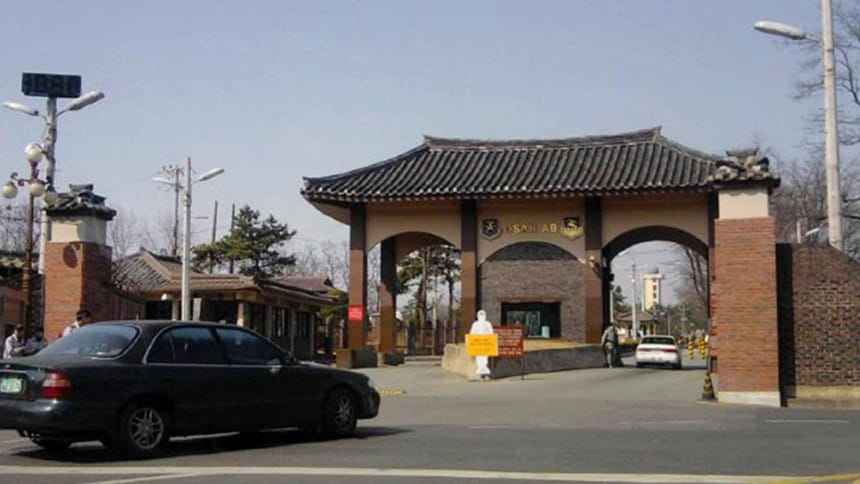US military shipped anthrax to labs

The US military accidentally sent live anthrax samples to as many as nine labs across the country and to a US military base in South Korea, the Pentagon says.
Twenty-two military personnel at the Osan Air Base in South Korea are receiving preventive treatment after being possibly exposed to the sample.
In the US, four civilians are receiving treatment - although they face a "minimal risk".
A Defence Department lab in Utah "inadvertently" shipped the samples.
The personnel at the South Korean base might have come into contact with the anthrax sample during a "training event", the US military said, but so far none had shown "any signs" of exposure.
However, they were given "appropriate medical precautionary measures to include examinations, antibiotics and in some instances, vaccinations".
"The sample was destroyed in accordance with appropriate protocols," said Pentagon spokesman Colonel Steve Warren.
Experts in biosafety say they are astonished by the lapse and called for greater precautions.
The Centers for Disease Control and Prevention (CDC) has begun an investigation into the incident.
"Out of an abundance of caution, [the Defence Department] has stopped the shipment of this material from its labs pending completion of the investigation," said Col Warren.
Samples involved in the investigation will be securely transferred to CDC or affiliated laboratories "for further testing", CDC spokeswoman Kathy Harden said.
Ms Harden said that the CDC has also sent officials to the labs "to conduct on-site investigations".
The latest incident comes nearly a year after the CDC, one of the government's foremost civilian laboratories, also mishandled anthrax, the Associated Press news agency reported.
It said that researchers at a laboratory set up to deal with extremely dangerous pathogens dispatched what they thought were "killed samples" of anthrax to another CDC facility.
But it did not have sufficient safeguards and was not equipped to work with live anthrax, AP reported, and several CDC employees were "potentially exposed" to live anthrax. However, none became ill.
The Defence Department spokesman said that the samples in the latest incident were supposed to be dead or deactivated.
The government has confirmed one shipment actually had live spores, and the eight others might also have done so.
The live spores were shipped from Utah to labs in Texas, Maryland, Wisconsin, Delaware, New Jersey, Tennessee, New York, California and Virginia, as well as the air base in South Korea.

 For all latest news, follow The Daily Star's Google News channel.
For all latest news, follow The Daily Star's Google News channel. 



Comments